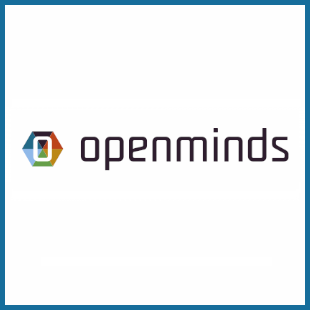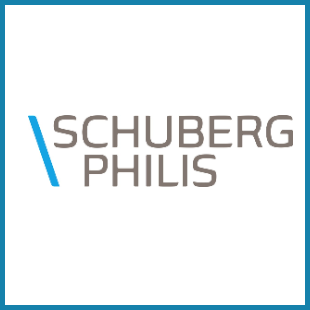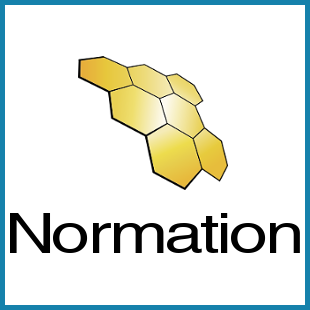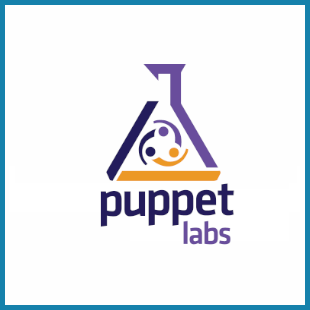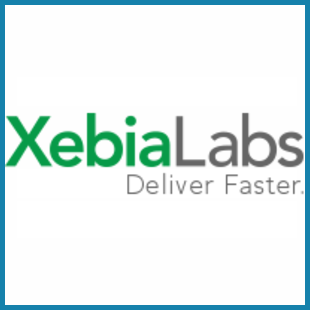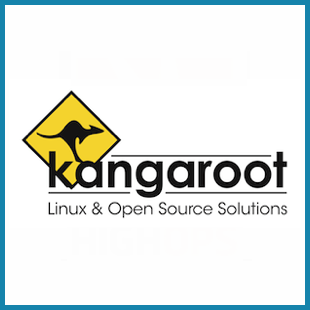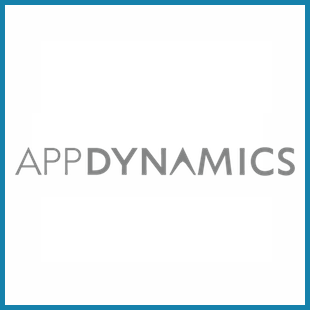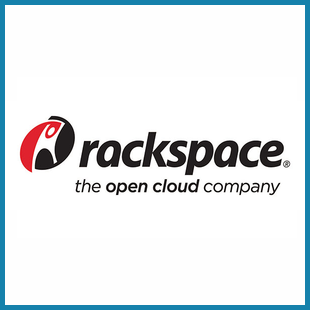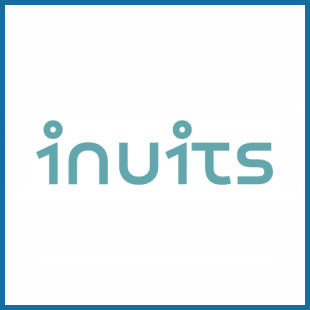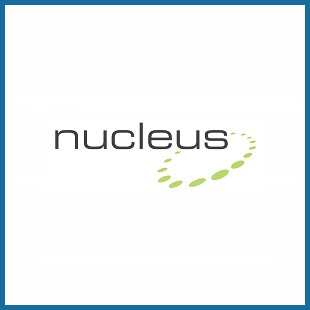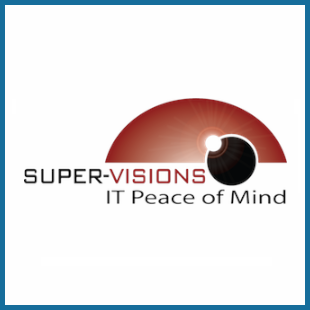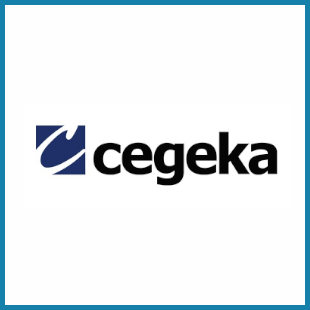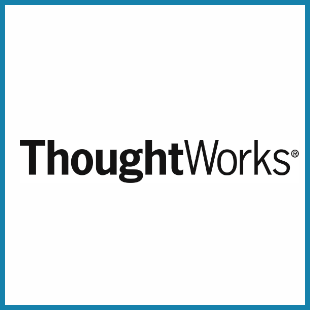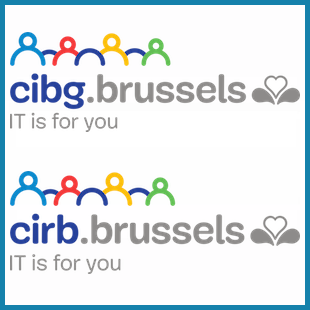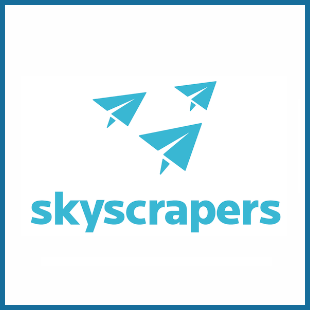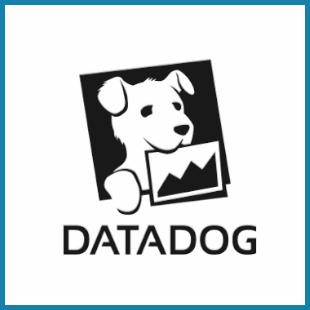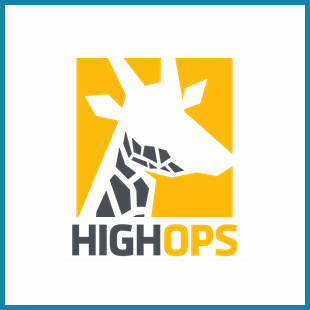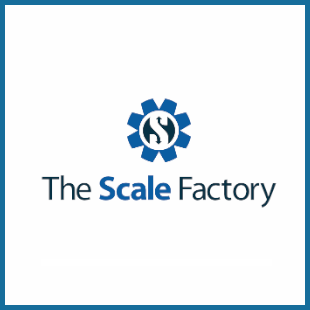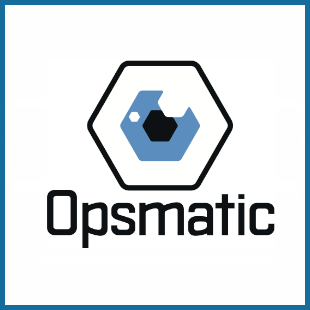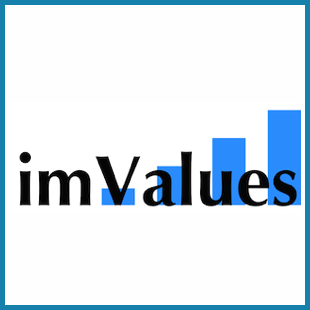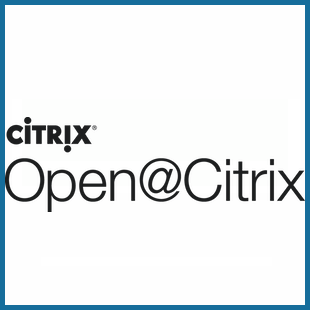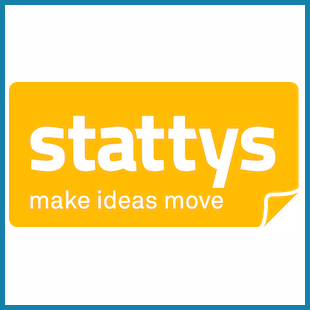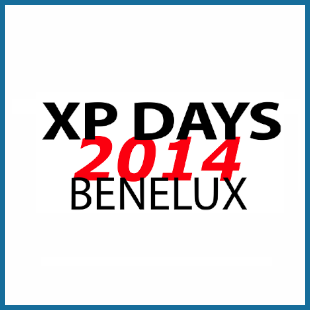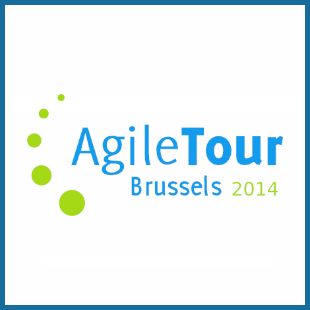
Belgium 2014 - Proposal
Gold sponsors
Tackling Performance, Debugging and Development in Agile Production Environments
Most Internet architectures are highly modular with rapid development of each component at different cadences. This constantly shifting underlying platform, architecture and code base provides frustrating times for the multi-disciplinary engineers responsible for performance and stability. There are methodologies and approaches that can be used to make debugging as agile as the underlying environment; however it requires some architectural considerations. In this talk, I will frame the problem, discuss how architectures needs to be designed to reduce hostility toward these activities and finish with a tour though debugging methodologies that focus on collaboration and understanding cross-team needs. Without a DevOps mindset, these methodologies could never emerge nor survive.
After earning undergraduate and graduate degrees from Johns Hopkins University in computer science with a focus on graphics and randomized algorithms in distributed systems, he went on to research resource allocation techniques in distributed systems during four years of post-graduate work. In 1997, Theo founded OmniTI, which has established itself as the go-to source for organizations facing today’s most challenging scalability, performance and security problems. He was also the principal architect of the Momentum MTA, which is now the flagship product of Message Systems, Inc. Born from Theo’s vision and technical wisdom, this innovation is transforming the email software spectrum. Additionally, he was the principal architect of Fontdeck, which delivers professional typefaces optimized for the web. Theo founded Circonus in 2010, and continues to be its CEO and principal architect.
A widely respected industry thought leader, Theo is the author of Scalable Internet Architectures (Sams) and a frequent speaker at worldwide IT conferences. Theo is a computer scientist in every respect. Theo is a member of the IEEE and a senior member of the ACM. He serves on the editorial board of the ACM’s Queue Magazine.





